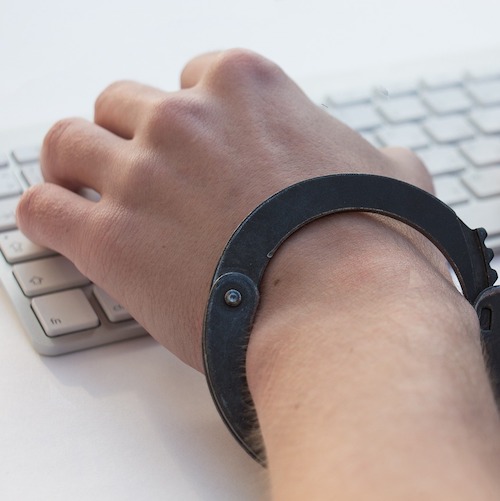
The Chinese government doesn’t need any new laws or regulations in order to come down like a ton of bricks on anyone under its governance who says something that government censors dislike. In announcing new social-media mandates and restrictions, as reported by Dennis Da-ala Mirilla at Technext, China’s purpose is not so much to establish new authority to censor and penalize as to cow more and more people into silence and into serving as co-censors so that it can expend fewer resources shutting people up itself.
[S]ocial media companies will now be responsible for the authentication of all content posted on their platform. . . .
The regulation also states that social media companies must manually review accounts that contain the names or logos of party, government and military organs, news media, or administrative divisions. . . .
Creators who post content around domestic and foreign current affairs, public policies, social events, etc., will be required to accurately label the source of their information, and display it in a prominent position when publishing. . . .
All “self-media that produce and release rumours, speculate on social hotspot events, or spread illegal and bad information in a matrix manner that has a bad impact, shall be shut down, included in the blacklisted account database of the platform, and reported to the cybersecurity and informatization department,” the regulation says in a section on Strict Handling of Violations.
Of course, new rationalizations for censoring and harassing people—such as a writer’s failure to properly attribute a source—will come in handy for a state bent on insisting that it always has good reason for its conduct. On the other hand, no Chinese citizen who dares liken Dictator Xi Jinping to Winnie-the-Pooh on WeChat or TikTok should now expect to be safe from scrutiny and sanction if only he carefully cites official photos of Xi and the classic children’s books by A.A. Milne.





